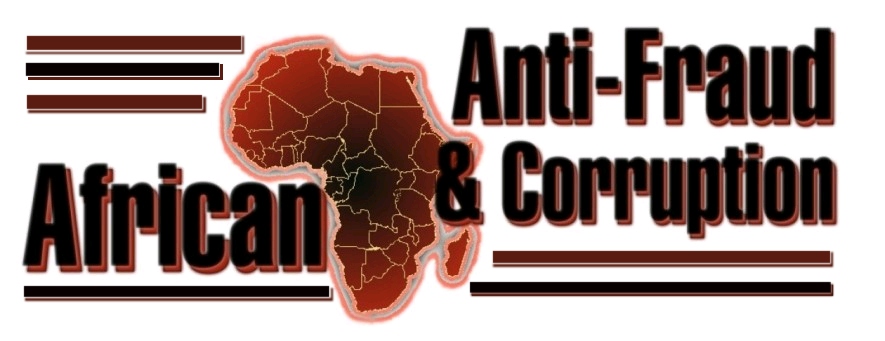Wake-up call for Zuma government? Unlikely as ANC battles crises on many fronts

On September 30, 2015, several major South African cities saw a significant turnout of the Republic’s denizens taking to the streets, protesting rampant perceived corruption in their country: demonstrations took place, inter alia, in Pretoria, Cape Town, Polokwane, and Durban. They numbered in the tens of thousands, signifying for the first time in years a substantive expression of unhappiness with the ruling African National Congress‘s politics and handling of graft.
Of note here is not merely the protest against problems of purely domestic or otherwise internal corruption (case in point, President Zuma’s infamous $22m+ renovation of his personal Nkandla country homestead), but the broader picture of governmental fraud, waste and abuse — notably including those involving foreign entities.

As The Economist poignantly observed in its current edition, “[t]housands marched in South Africa against corruption. The protest coincidentally took place soon after Hitachi, a Japanese engineering firm, agreed to pay $19m to settle charges brought by American regulators over payments made to the African National Congress, South Africa’s ruling party, in connection with contracts to build power stations.”
The Hitachi investigation, spearheaded by the U.S. Securities and Exchange Commission (not the Department of Justice in this instance), is a fascinating one, and hits South Africans in a particularly hurtful spot: electricity has been scarce for years, and its availability has reached a new nadir in 2015. For this particular industry to be affected by proven corruption is (if that is possible) “worse” for South Africans than the run-of-the-mill scandal: virtually every citizen has experienced dark nights, marred by rolling black-outs, which have necessitated the need for expensive household generators.
A “success fee” to the “Chancellor”…
The SEC’s settlement and complaint (read here) allege truly scandalous, yet entirely classic, corrupt conduct. They read, in relevant part:
In 2005, Hitachi created a subsidiary in South Africa for the purpose of establishing a local presence in that country to pursue lucrative public and private contracts, including government contracts to build two new major power stations.
Hitachi sold 25% of the stock in the newly created subsidiary to Chancellor House Holdings (Pty) Ltd. (“Chancellor”), a local South African company that was a front for the African National Congress (“ANC”), South Africa’s ruling political party. Hitachi’s arrangement gave Chancellor- and by proxy the ANC- the ability to share in the profits from any power station contracts secured by Hitachi. Hitachi also entered into an undisclosed “success fee” arrangement with Chancellor, wherein Chancellor would be entitled to “success fees” in the event that the contract awards were “substantially as a result” of Chancellor’s efforts.
During the bidding process, Hitachi was aware that Chancellor was a funding vehicle for the ANC. Hitachi nevertheless continued to partner with Chancellor and encourage Chancellor’s use of its political influence to help obtain the government contracts.
As a result, Hitachi was awarded power station contracts in South Africa worth approximately $5.6 billion. In April and July 2008, Hitachi paid the ANC- through Chancellor- “success fees” totaling approximately $1 million.
Hitachi’s South African subsidiary inaccurately recorded its “success fee” payments to Chancellor as “consulting fees” in its books and records for the year ended December 31, 2008. The inaccurate books and records of Hitachi’s subsidiary were consolidated into Hitachi’s financial statements for the fiscal year ended March 31, 2009, which were filed with the Commission.
In 2010, Hitachi’s South African subsidiary also inaccurately recorded a dividend worth over a million dollars to be paid to Chancellor, its 25% shareholder. The journal entry recorded this dividend as “Dividends Declared” in the subsidiary’s books and records for the year ended December 31, 2010. The books and records did not reflect that the dividend was, in fact, an amount due for payment to a foreign political party in exchange for its political influence in assisting Hitachi land two government contracts. The subsidiary’s inaccurate books and records were consolidated into Hitachi’s financial statements for the fiscal year ended March 31, 2011, which were filed with the Commission.
 Andreas Stargard, an attorney with Africa-based consultancy firm Pr1merio, observes that:
Andreas Stargard, an attorney with Africa-based consultancy firm Pr1merio, observes that:
“Hitachi’s corporate tag line reads ‘inspire the next…’ — one can only hope that the inspiration resulting from this particular corruption scandal, is not one of imitation by others, but rather avoidance of the same mistakes. On the local South African (government) front, we view it as unlikely that these protests, well-intentioned as they may be, will have much of an impact on actual politics in Pretoria. President Zuma is battling too many fires to focus on this particular issue in any different manner than what he has done thus far, which is simply firing those responsible for, and competent at, uncovering graft.”
Nota bene, the Hitachi electricity-generating scandal is not all that has rocked South African corruption news lately — just over a week ago, the opposition party Democratic Alliance launched corruption allegations over Danny Jordaan’s involvement with the FIFA mega-scandal (he was the head of the country’s 2010 football World Cup).
Stay tuned for more…
